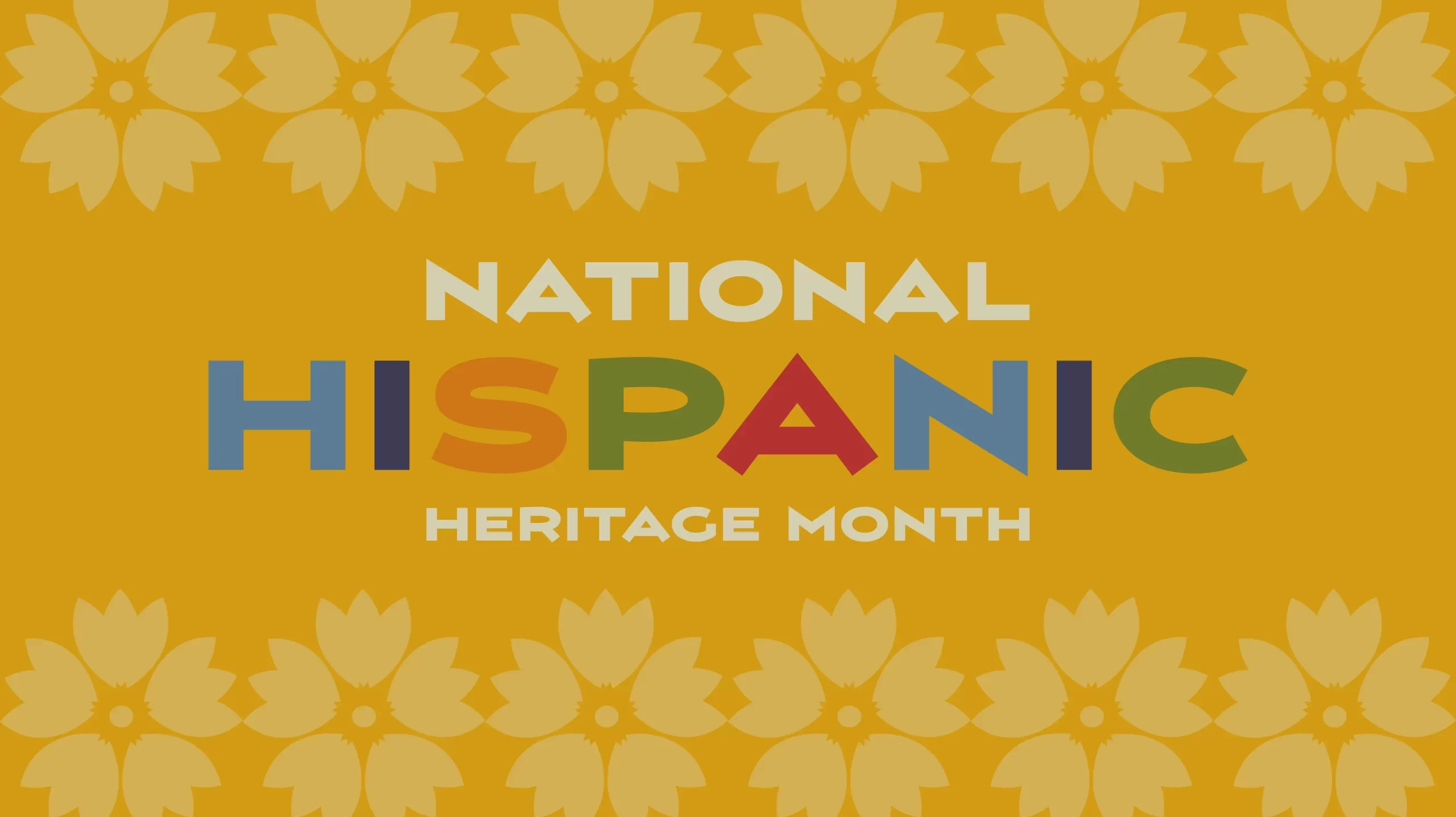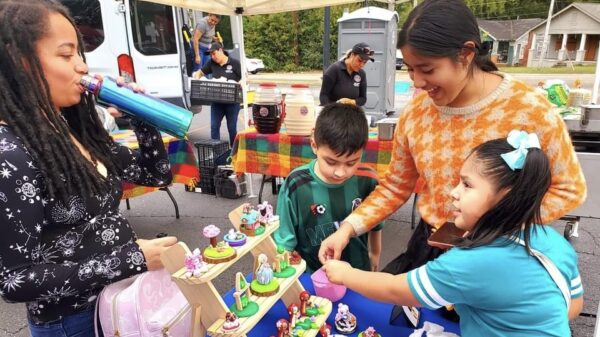Hispanic Heritage Month is a month-long celebration of Hispanic and Latino history and culture, observed between September 15 and October 15.
As Hispanic Heritage Month is recognized across the nation, Alabama finds itself at a tipping point: continue ignoring the quiet contributions of its Hispanic community or finally embrace the reality that this vibrant group is not just a cultural asset but a critical economic force that keeps this state running. From the bustling construction sites of Birmingham to the poultry plants that line our rural roads, Hispanic workers are the backbone of many industries that keep Alabama’s economy humming. But when was the last time we truly acknowledged that?
Hispanic Heritage Month isn’t just a time to enjoy the music, food, and colorful festivities; it’s a moment to reflect on the deeper, often overlooked impact of this community. Let’s talk numbers. According to a 2021 study by the University of Alabama, Hispanic workers contributed approximately $6 billion annually to the state’s GDP. That’s right, billions with a “B.” In an era where Alabama’s leaders love to tout job creation and economic growth, it’s time they give credit where it’s due. Hispanic workers aren’t just filling positions; they’re driving entire sectors forward.
Take agriculture, for example. Our state’s farming industry, especially poultry processing—a cornerstone of Alabama’s economy—would collapse without the hard work of Hispanic laborers. These workers often endure grueling conditions for wages that others wouldn’t even consider. Yet, they do it with a work ethic that puts the rest of us to shame, showing up day after day to ensure Alabama’s food supply chain stays intact. And while state leaders scramble to attract new businesses and industries, the ones propping up the existing infrastructure go unrecognized.
Construction, manufacturing, hospitality—you name it, and there’s a good chance that Hispanic workers are there, shouldering the load. The hotels in Gulf Shores, the car plants in Montgomery, the homes sprouting up in Huntsville’s rapidly expanding suburbs—Hispanic workers are the hands that build, clean, and maintain these pillars of our local economies. And let’s not forget the countless Hispanic-owned businesses that dot our cities and small towns. These entrepreneurs are adding millions more in sales, creating jobs, and enriching the communities they serve.
Yet, the contributions of Hispanic workers extend beyond the economic. They shape the very social fabric of our state. Whether through community churches, local soccer leagues, or small businesses that become hubs for neighborhood life, the Hispanic community is quietly weaving itself into the story of Alabama. They bring a sense of family, resilience, and hope that Alabama desperately needs—values that resonate in every corner of this state, no matter your background.
But let’s be real. These contributions haven’t come without challenges. Alabama’s hostile immigration laws and a political climate often mired in fear and division have made it clear that the welcome mat isn’t always out. We’ve seen families torn apart, workers living in constant fear of raids, and business owners struggling under the weight of xenophobic policies that treat them as second-class citizens. Despite this, the Hispanic community keeps pushing forward, refusing to be defined by the narrow-mindedness of those in power.
So, as we celebrate Hispanic Heritage Month, let’s do more than simply acknowledge the music and the food. Let’s recognize the vital role Hispanic Alabamians play in keeping this state afloat. Let’s honor their labor, their entrepreneurship, and their unbreakable spirit. And more importantly, let’s advocate for a state that values these contributions not just in words, but in actions—through fair wages, equal opportunities, and a political landscape that sees them not as outsiders, but as the essential, irreplaceable citizens they are.
Because the truth is, without the Hispanic community, Alabama would be a lesser place—economically weaker, culturally poorer, and socially diminished. Their heritage is not just something to be celebrated for a month; it’s a cornerstone of Alabama’s past, present, and, dare we say, its future. And that’s a legacy worth celebrating.





















































